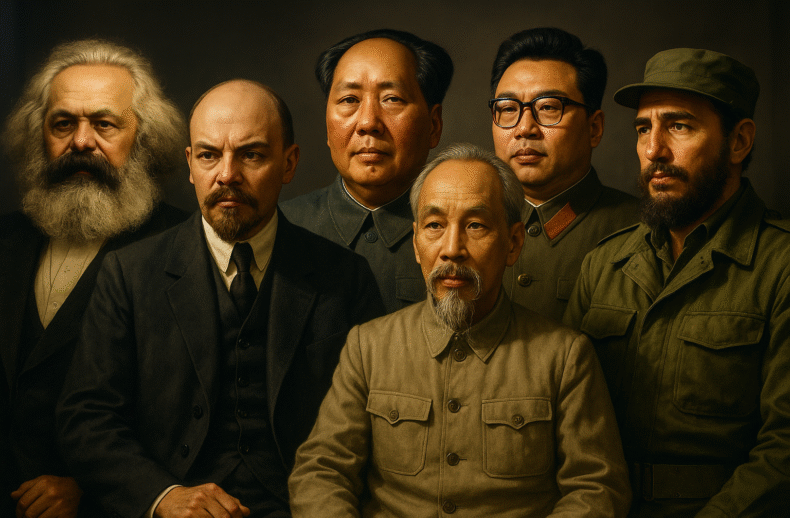Communism began as a radical promise to liberate the oppressed and abolish exploitation, but over time, its revolutionary ideals gave way to economic pragmatism. From Marx’s vision to Lenin’s vanguard, Mao’s peasant uprising, and Ho Chi Minh’s anti-colonial socialism, the movement evolved—and eventually adapted capitalist tools to maintain power. Today, post-communist societies no longer define success by equality, but by growth, visibility, and consumption. This essay explores how the original vision was not abandoned, but absorbed—reshaped by structural realities and the deeper human hunger for recognition.



